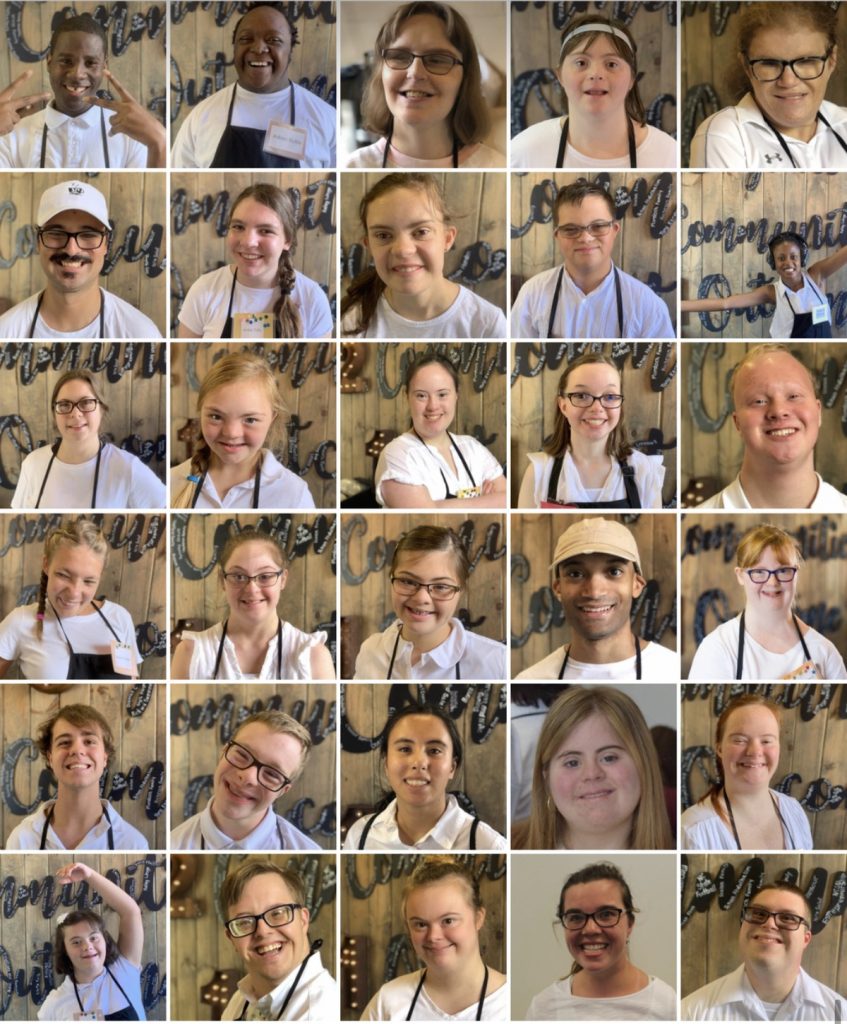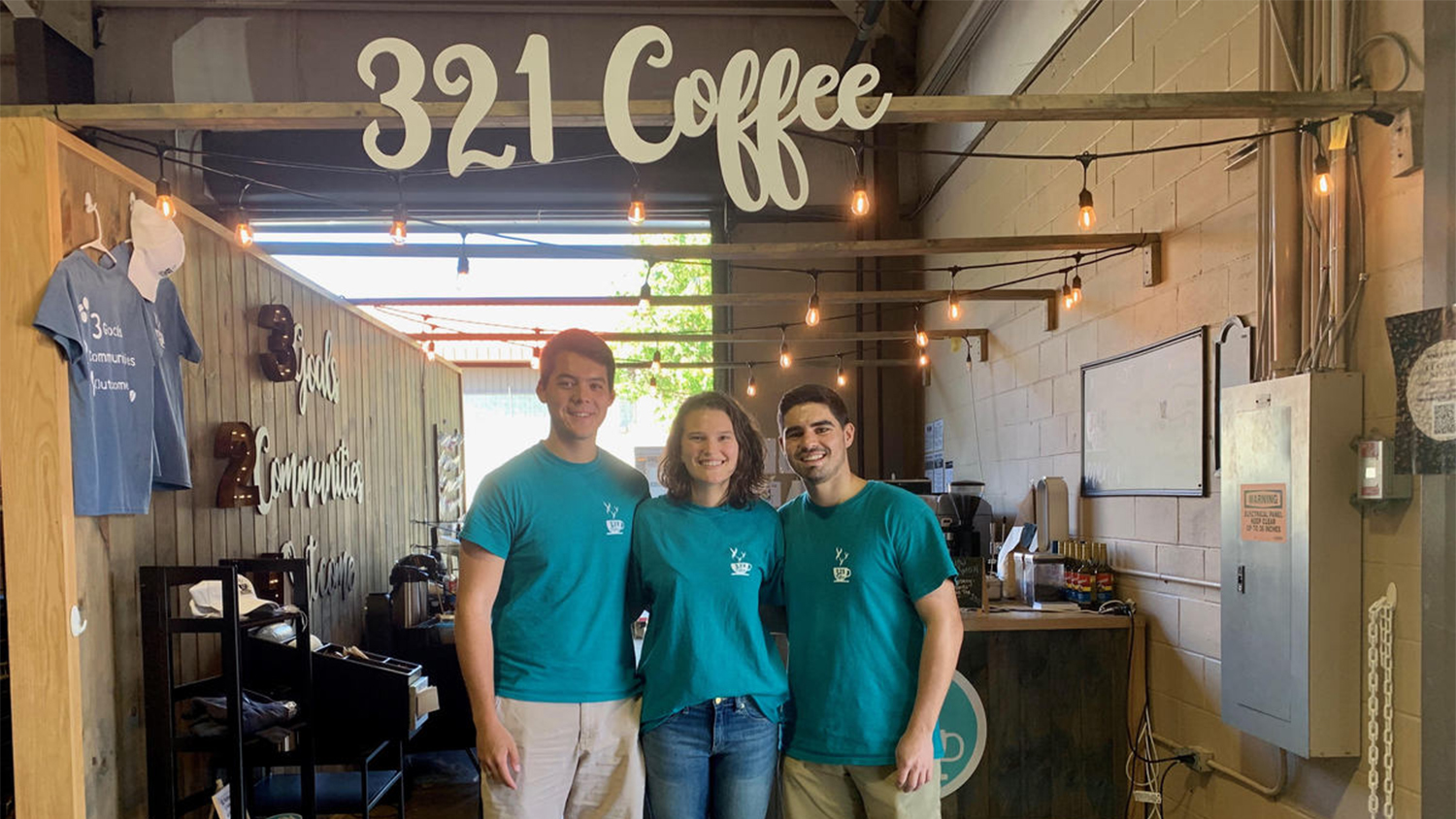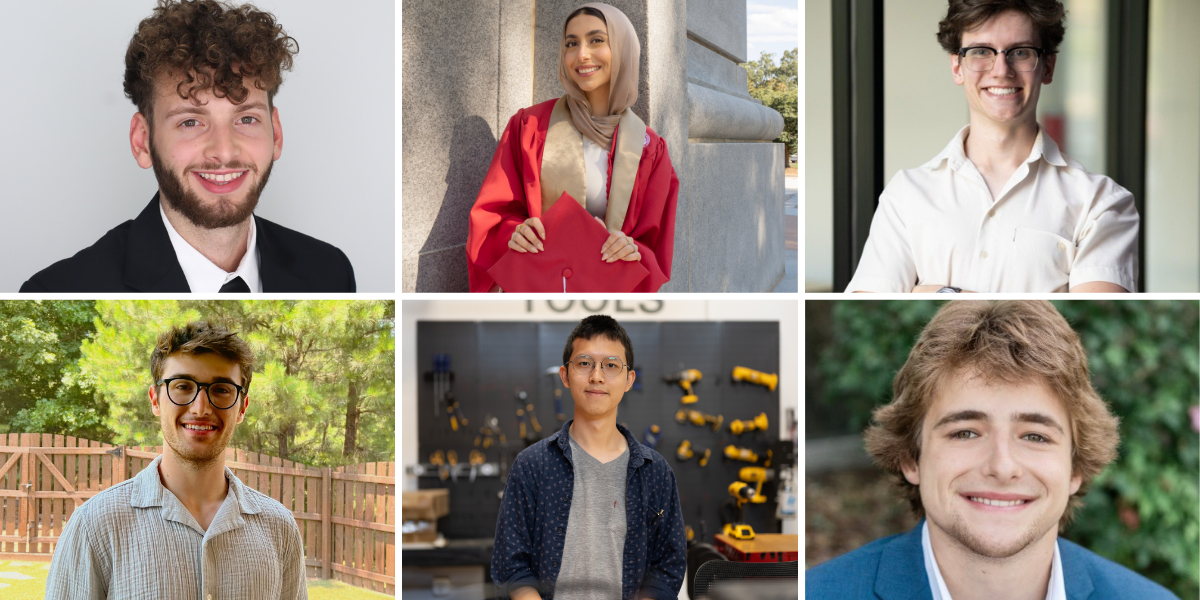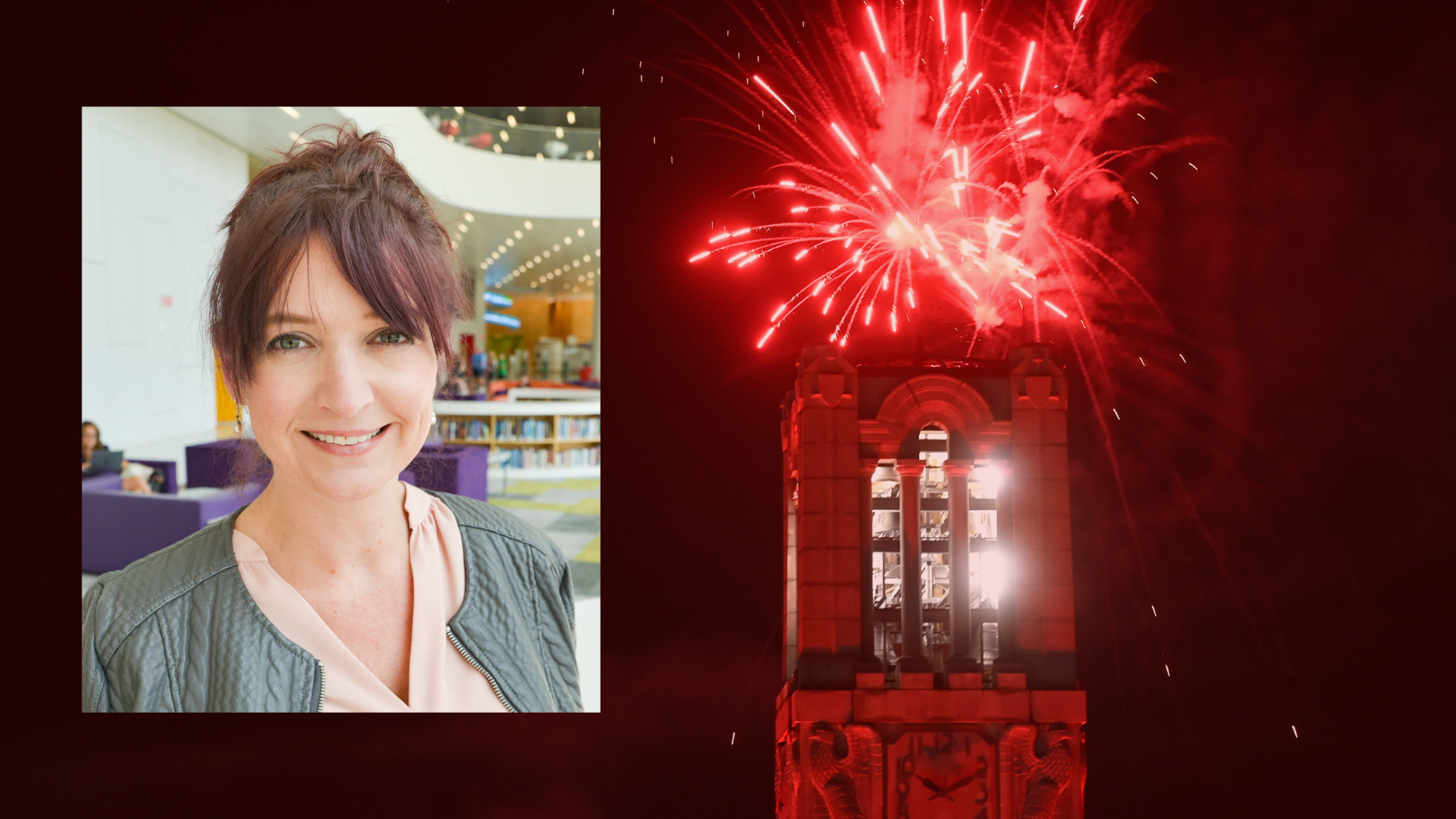In third grade, Lindsay Wrege’s first friends were girls with various disabilities. Today, Wrege is the CEO and co-founder of 321 Coffee, a nonprofit coffee shop that employs individuals with intellectual and developmental disabilities (IDD).
“As we grew older, I saw my friends struggle to find meaningful job opportunities,” Wrege says. Wrege is on schedule to graduate from NC State with a degree in business administration and a concentration in entrepreneurship in 2021. “When they did find jobs, they were often stuck cleaning bathrooms and doing dishes, though they are capable of a lot more.”
While COVID-19 forced many adults in the United States into unemployment, unemployment is the regular experience for many adults with IDD. Prior to the pandemic, the unemployment rate for individuals with disabilities was twice as high as the rate for those without a disability.
321 Coffee was born at NC State in 2017 when four undergraduates had a dream: to create a safe and meaningful employment opportunity for this community. Using folding tables rented from the NC State Student Union, the students hosted 321 Coffee’s first event and served Starbucks coffee for free.
For the next year, 321 Coffee hosted various pop-up events on campus to gain exposure for its mission to lower the unemployment rate for adults with IDD. It then opened on Saturdays under a tent at the State Farmers Market in Raleigh, N.C. to continue garnering community support.

“This helped us start developing a presence in the community,” Wrege says. “Meanwhile, our dorm rooms served as test kitchens for cold brew and as storage units for lots and lots of cups.”
Now, the coffee shop serves as a permanent vendor at the State Farmer’s Market and pays its 21 baristas – all individuals with disabilities – above minimum wage. Alongside Wrege, the 321 Coffee executive team is made up of NC State undergraduates Michael Evans, co-founder and CFO, and Liam Dao, COO.
In order to make a more inclusive work environment, 321 Coffee has modified its operations to standardize procedures as much as possible. For example, when making an espresso shot, baristas typically need to apply 30lbs of force on the grounds with a tamp. Most coffee shops manually apply and gauge the force of the tamp. Instead, 321 Coffee uses a tamp with a lever to standardize the 30lbs and ensure that everyone would be able to apply the pressure.

“Additionally, we provide individualized and supportive training to develop our employees’ professional skills. I continue to be amazed by their growth and dedication. We are creating a space for society to recognize the unique value and strengths of individuals with IDD,” Wrege says. “Ultimately, we hope to grow 321 Coffee into a brand that promotes employment of this community across multiple industries.”
In pursuit of such growth, 321 Coffee applied to the Andrews Launch Accelerator, a 14-week summer program offered by Poole College of Management and designed to help NC State entrepreneurs take their startups to the next level. The Accelerator also allocates equity-free seed capital to startups that complete the program.
“We recognize that we are meeting a need in our community and that there is immense support behind our cause,” Wrege says. “But there is much more to be done. The Andrews Accelerator will provide the coaching and mentorship we need to scale our impact.”
As 321 Coffee faces various challenges due to the COVID-19 crisis, Wrege remains hopeful and knows that the Accelerator will help guide them as they seek to modify their retail operations in the midst of a changing landscape.
“In running a business, you always have to be prepared to pivot and adapt,” Wrege says. “Sometimes it’s because of a new opportunity worth pursuing – and sometimes it’s because of a global pandemic.”
Wrege also recognizes the challenges associated with being a mission-driven social business – and is eager to grow as an entrepreneur through the Accelerator program.
“321 Coffee is not your typical startup; we aren’t a tech company that can quickly scale across the country,” Wrege says. “I appreciate that the Accelerator saw potential in our company and I’m excited to use this time to develop a strategic growth plan.”



